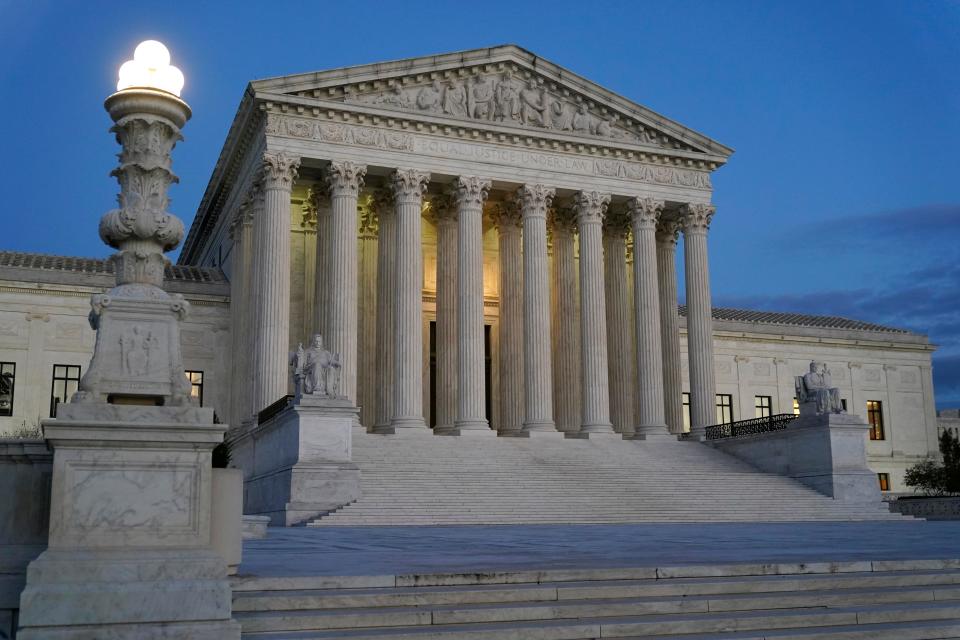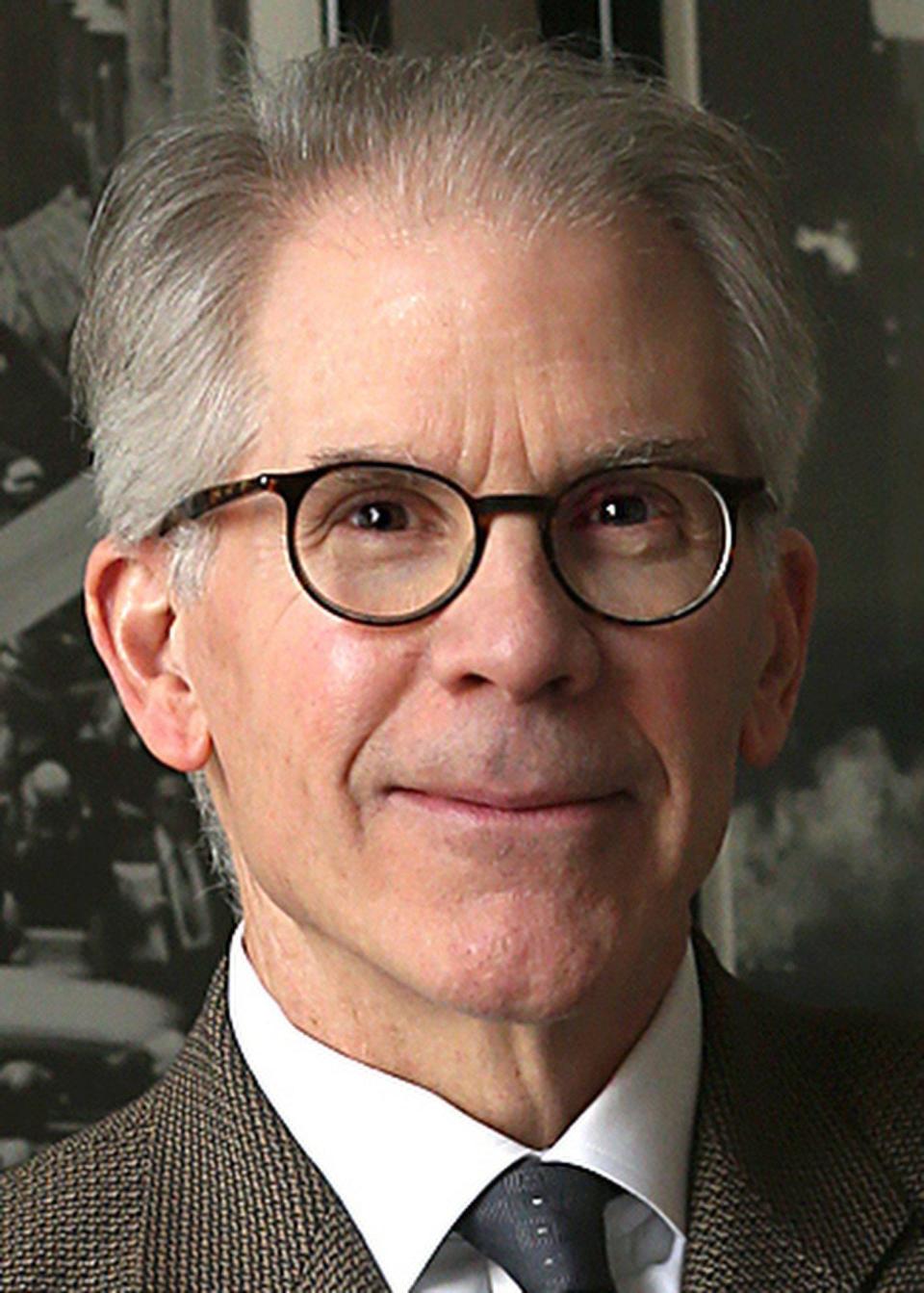US Supreme Court to weigh powers of state legislature in conducting federal elections
The Conference of Chief Justices represents the chief justices from all 50 states. The organization rarely submits a friend-of-the-court brief in a case before the U.S. Supreme Court. When it does, the step deserves attention. In this instance, the conference insists the “critical interests of state courts are at stake.”
The case is Moore v. Harper, due for oral argument on Wednesday before the high court. It involves congressional districts drawn by North Carolina lawmakers. The partisan gerrymander tilts heavily in favor of Republicans — to the point that the state Supreme Court struck down the map.
North Carolina Republicans want the U.S. Supreme Court to reverse the decision. In their cause, they have advanced an argument long viewed as fringe thinking, the “independent state legislature theory.” This theory holds that the Elections Clause of the U.S. Constitution gives state legislatures exclusive power in deciding how to conduct federal elections.
Thus, North Carolina Republicans contend the state Supreme Court has no business reviewing, let alone rejecting, their congressional map.
If this situation seems familiar, no wonder. Ohio Republicans have practiced a version of the theory. They have defied orders from the Ohio Supreme Court to produce congressional districts that comply with a voter-approved amendment to the state Constitution.
Might a majority of the justices embrace the theory?
A few years ago, the answer would have been no. Yet, already, three justices, Samuel Alito, Clarence Thomas and Neil Gorsuch, have indicated a willingness to consider going along. The state chief justices emphasize the danger in such a stance, jeopardizing the nonpartisan administration of elections and thus putting at risk the essence of our republic and democracy, no less.
Their brief states flatly that the Elections Clause “does not bar state court review of state laws governing federal elections under state constitutional provisions.”
Why are the state chief justices so certain?
They cite the compelling evidence.
For instance, the conservative majority on the Supreme Court welcomes the label “textualist.” What does the Elections Clause precisely say about state court review? Nothing, as the state chief justices point out. The text does give Congress the authority to override state actions, and any such congressional action faces judicial review.
The state chief justices explain how it hardly follows that state legislatures are exempt from court scrutiny.
The conservative majority likes history and tradition. What do these markers reveal? The state chief justices note that the Framers' concept of “legislature” long has referred to the range of lawmaking in a state, including judicial review.
More, the brief reminds how the Framers distrusted state legislatures, reflecting the larger spirit of the Constitutional Convention. The brief notes the debate “focused on ensuring that state legislatures were checked and constrained,” given “their susceptibility to the influence of self-interest or political factions.”
It matters, too, that since the Civil War, state courts have been reviewing state elections law. At times, they have performed the task of drawing districts to end prolonged disputes.
Has the country gotten this all wrong? As the state chief justices argue, if Congress wanted to give state legislatures a pass, it would have said as much somewhere along the line.
Perhaps most revealing, the brief recalls what the Supreme Court has said to make clear the Elections Clause doesn’t give legislatures outsized authority. The court has held that a governor can veto elections laws. In 2015, it approved an Arizona ballot issue that saw voters give the job of redistricting to an independent commission.
Finally, the court concluded three years ago that if it didn’t have a role in thwarting excessive partisanship in redistricting, state courts are there to ensure compliance with state constitutions, to see that “such complaints would not go unheard.”
How, then, did this case get so far? This conservative majority has shown a willingness to cast aside well-settled precedent. The state chief justices rightly warn about the litigation tsunami hitting federal courts if the majority sides with North Carolina lawmakers.
Worse, the majority would risk harm to the republic, allowing state lawmakers unchecked sway in conducting elections, the foundation stone of democracy. The potential for trouble is plain in Ohio. Now Republicans in charge at the Statehouse want to tighten voter ID requirements and require a supermajority to pass citizen-led statewide initiatives.
None of these proposals actually addresses a problem. Frank LaRose, the secretary of state, confirmed as much in suggesting that if you have a worthy idea, it should attract 60 percent or more of the vote. Of course, he turned his back on the 70 percent of voters who supported an end to extreme partisan gerrymandering.
His pose says much about the potential for abuse if the U.S. Supreme Court rejects the sound thinking of state chief justices.
Douglas was the Beacon Journal editorial page editor from 1999 to 2019. He can be reached at mddouglasmm@gmail.com.


This article originally appeared on Akron Beacon Journal: Democracy at stake in Supreme Court case on election powers

